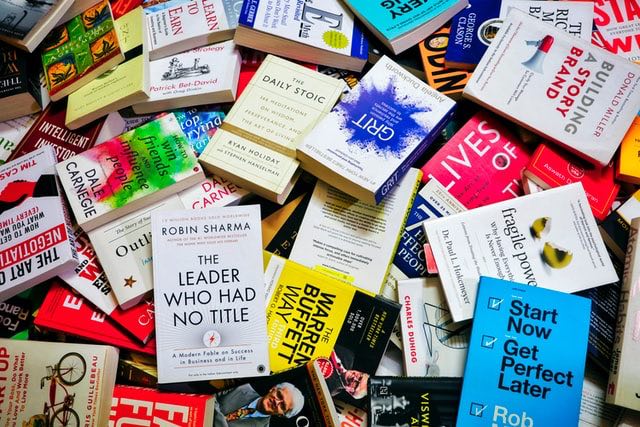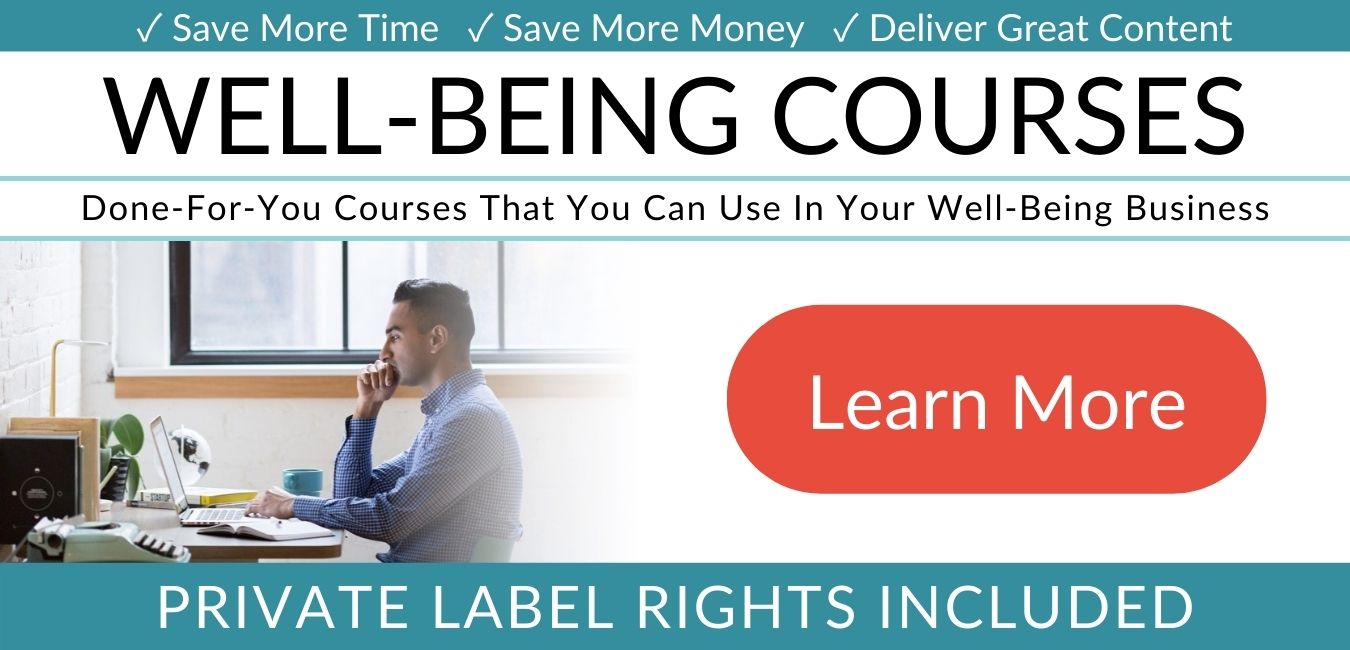Self-Help: Definition, Topics, & TipsBy Tristan Williams, Ph.D.
Reviewed by Tchiki Davis, M.A., Ph.D. Do you want to change your life? In this article, we’ll define what self-help is and how to use it to better your life.
Before reading on, if you're a therapist, coach, or wellness entrepreneur, be sure to grab our free Wellness Business Growth eBook to get expert tips and free resources that will help you grow your business exponentially.
Are You a Therapist, Coach, or Wellness Entrepreneur?
Grab Our Free eBook to Learn How to
|
Are You a Therapist, Coach, or Wellness Entrepreneur?
Grab Our Free eBook to Learn How to Grow Your Wellness Business Fast!
|
Terms, Privacy & Affiliate Disclosure | Contact | FAQs
* The Berkeley Well-Being Institute. LLC is not affiliated with UC Berkeley.
Copyright © 2024, The Berkeley Well-Being Institute, LLC
* The Berkeley Well-Being Institute. LLC is not affiliated with UC Berkeley.
Copyright © 2024, The Berkeley Well-Being Institute, LLC




